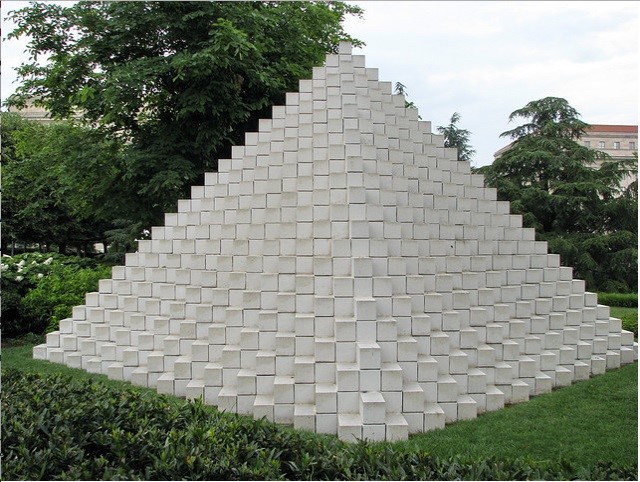Lesson 10 - Trends in Open Learning
7. The Implications of ‘Open’ For Course and Program Design: Towards a Paradigm Shift?
7.2. Modularisation

The creation of open educational resources, either as small learning objects but increasingly as short ‘modules’ of teaching, from anywhere between five minutes to one hour of material, and the increasing diversification of markets, is beginning to result in two of the key principles of OER being applied, re-use and re-mix. In other words, the same content, available in an openly accessible digital form may be integrated into a range of different applications, and/or combined with other OER to create a single teaching module, course or program, as in Scenario H.
Between 2015 to 2018, the Ontario government, through its online course development fund encouraged institutions to create OER. As a result, several universities brought together faculty within their own institution but working in different departments that teach the same area of content (for example, statistics) to develop ‘core’ OER that can be shared between departments. The logical next step would be for statistics faculty across the Ontario system to get together and develop an integrated set of OER modules on statistics that would cover substantial parts of the statistics curriculum. Working together would have the following benefits:
- Higher quality by pooling resources (two subject expert heads are better than one, combined with support from instructional designers and web producers)
- More OER than one instructor or institution could produce
- Subject coherence and lack of duplication
- More likelihood of faculty in one institution using materials created in another if they have had input to the selection and design of the OER from other institutions
As the range and quality of OER increases, instructors (and students) will be able to build curriculum through a set of OER ‘building blocks’. The aim would be to reduce instructor time in creating materials and using their time more in supporting student learning than in delivering content. When they do create original material, it can then be shared with other instructors.